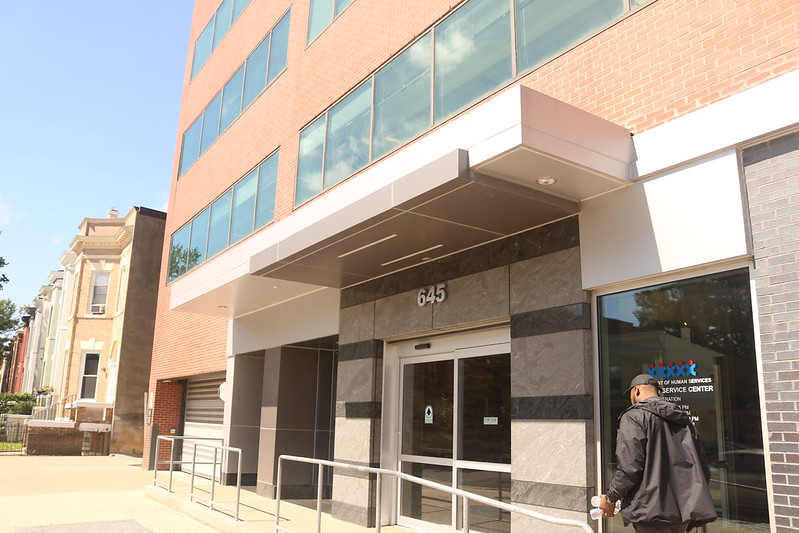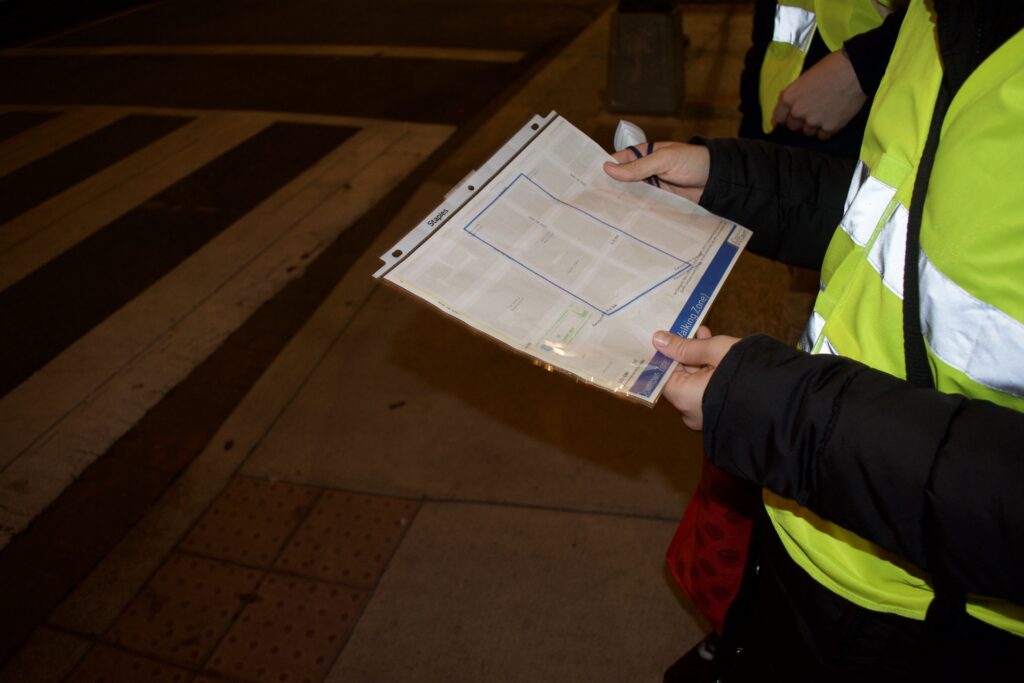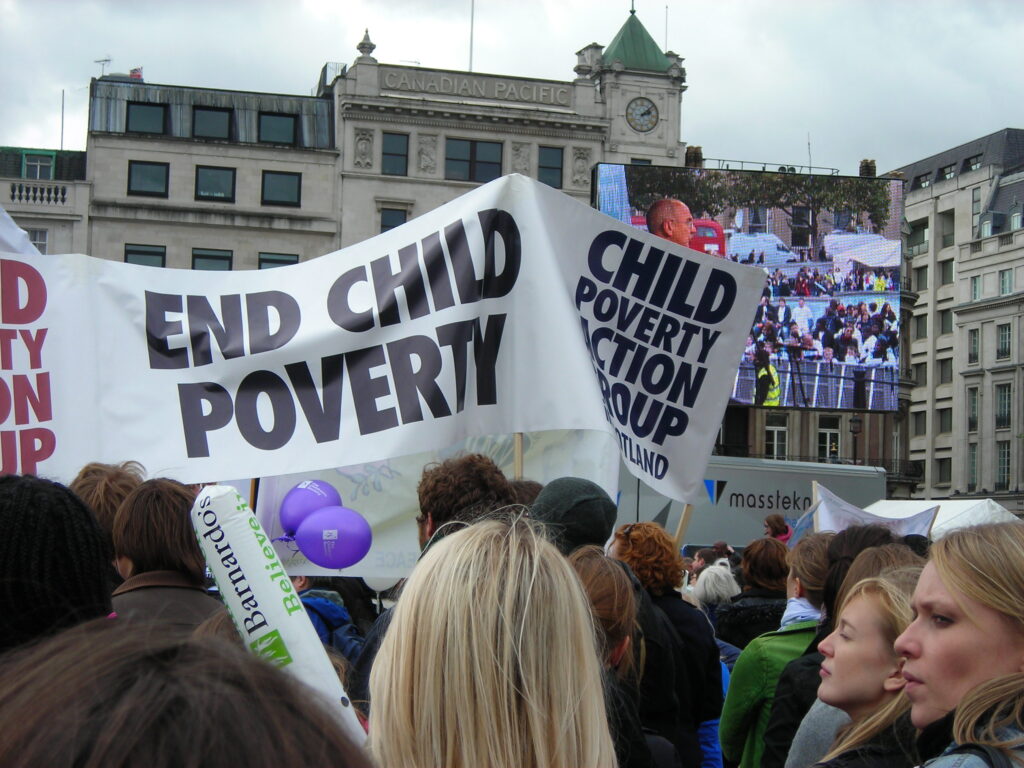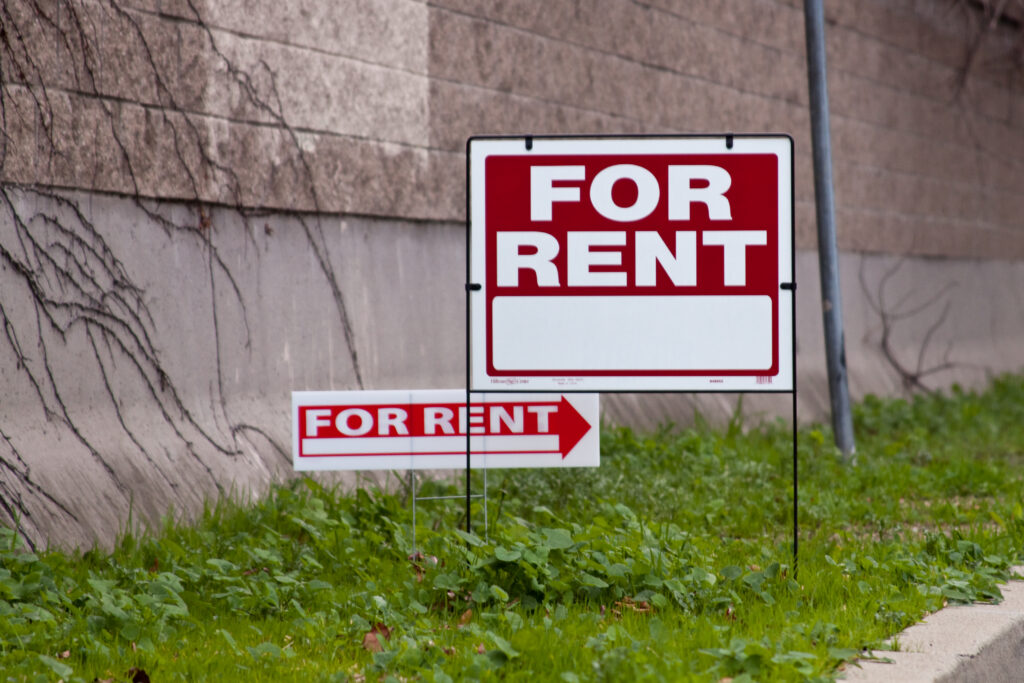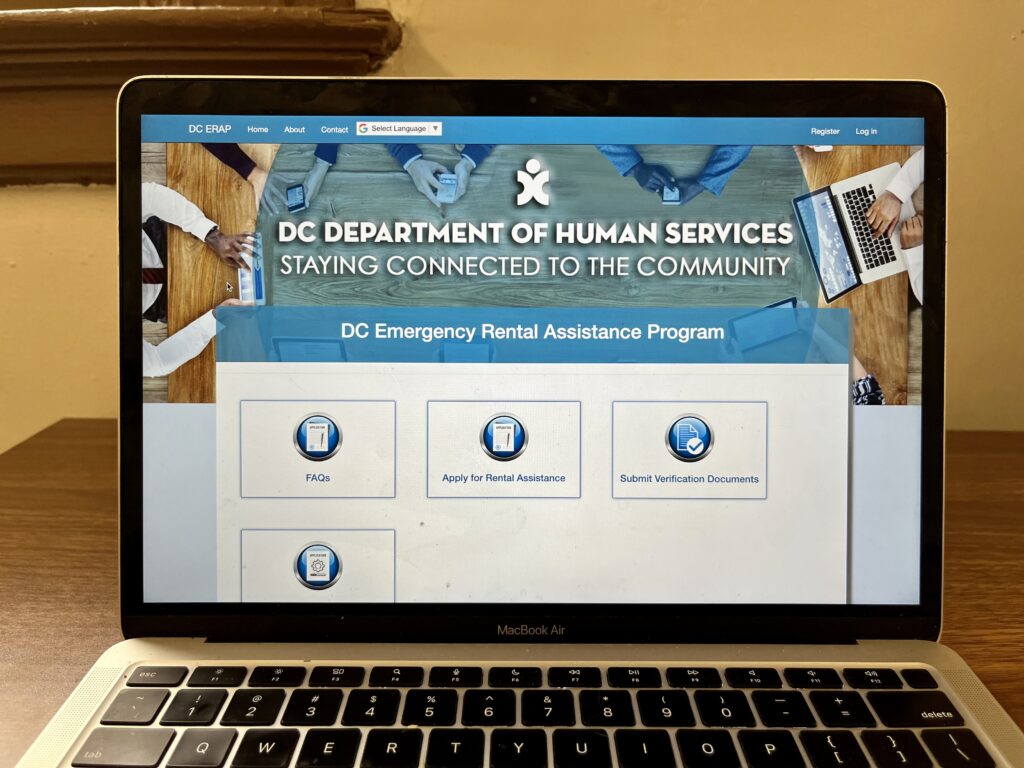Funding for one of D.C.’s low-income health insurance programs is caught in the middle of legislative negotiations, leaving residents unsure of how to remain enrolled come the fall.
During the COVID-19 public health emergency the D.C. government modified normal recertification requirements for the D.C. Healthcare Alliance (the Alliance), a medical assistance program servicing low-income, often undocumented residents who are uninsured and ineligible for either Medicare or Medicaid. Now, as the D.C. Council considers its budget for the next fiscal year, some lawmakers are hoping to make those changes permanent.
The normal enrollment process for the Alliance has long been the target of criticism by both councilmembers and enrollees. Starting a decade ago this year, residents looking to enroll were required to have a face-to-face interview with an official from the Department of Human Services (DHS), followed by a recertification interview every six months. If an enrollee missed their interview, they lost their insurance.
“We got there at 6 a.m. so that we would not be at the end of the long line,” Marlene Gutierrez, an enrollee, said during a hearing held on March 5, 2020 right before the public health emergency was declared. She waited for hours with her mother and one-year-old baby to recertify their insurance in person. They were sent home and told to wait for a callback that never came. “In the end, [my mother] ended up losing a day of work without pay and without a hope of having insurance,” Gutierrez said.
COVID-19 moved the city to suspend many of these barriers — nixing the in-person interview requirement, allowing enrollment online and over-the-phone, and scaling back recertification to only once per year. It remains to be seen, however, whether or not the D.C. Council will keep the changes or revert back to pre-pandemic operations.
While councilmembers are largely supportive of the modified policy, similar measures have failed in the recent past. Ward 1 Councilmember Brianne Nadeau introduced an amendment in 2017 to repeal the requirements, but the effort stalled over financing issues. When asked about the fate of the changes, her office said nothing was certain until the budget was approved. “It’s never been more important that we invest in health care, especially for some of our most vulnerable neighbors,” she said during the Committee on Health’s markup session last month.
Funding remains a sticking point. The Alliance’s strict requirements for enrollment and recertification were originally implemented to combat alleged fraud. Since the restrictions were introduced in 2011, the program has lost an average of 23% of its enrollment each year. The city’s chief financial officer estimated in November that lifting the restrictions will have the reverse effect, causing an influx of enrollments and requiring more financial resources to compensate.
Earlier this month, the council’s Committee on Health recommended funding the Alliance reforms by converting 101 vacant full-time D.C. Health employees into termed positions. Multiple councilmembers bristled at the funding method when Ward 7 Councilmember Vincent Gray, who chairs the committee, presented the plan during a recent budget work session.
[Read more: DC Council deliberates mayor’s proposed budget at last work session before their first draft is released]
At-Large Councilmember Elissa Silverman called the plan a “budget trick” during the session, expressing skepticism about hiring behavioral health professionals for one-year terms. “This really handicaps the ability of [the Department of Behavioral Health] to hire competent people,” she said.
Council Chair Phil Mendelson, who was similarly wary of Gray’s funding proposal, responded Tuesday morning with a potential alternative: partially funding the Alliance reforms with staff cuts at the Department of Health Care Finance, rather than at the Department of Behavioral Health. Mendelson also received a commitment from the mayor to end the twice-a-year, in-person recertification requirement, though it is unclear whether the new proposal will provide the same level of funding as Gray’s previous plan.
The full council is expected to hold an initial vote on the budget this Tuesday.
